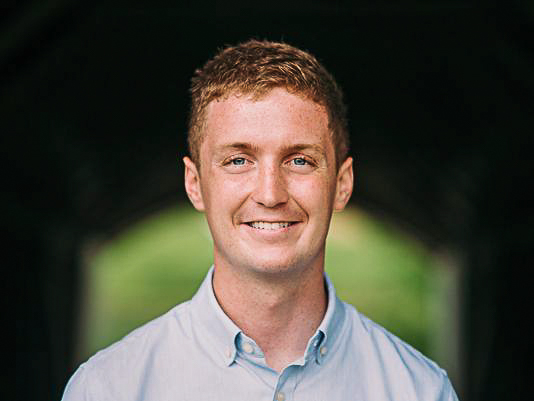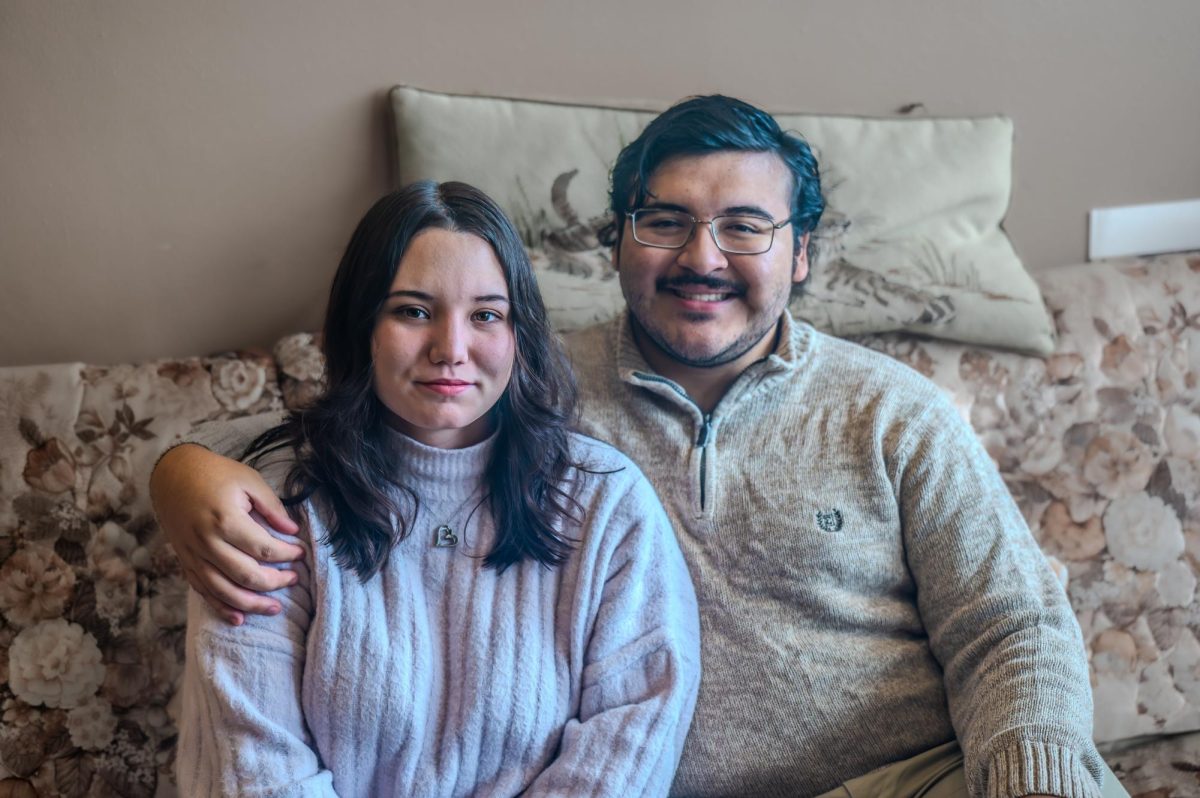
By Seth Taylor
taylorse@grinnell.edu
Grinnell boasts a far-flung and widely accomplished network of alumni, from research scientists abroad to lobbyists on Capitol Hill. One such alumnus is Austin Frerick ’12.
Only in his twenties, Austin Frerick is running a campaign for the Third Congressional District of Iowa, hoping to defeat the six democratic primary challengers and go on to unseat the Republican incumbent. According to Frerick, his time at Grinnell had a lot to do with where he is now.
Frerick, an Iowa native and a first generation college student, knew nothing of Grinnell before his first visit, seeing it only as something his family passed “on the way to Adventure Land.” However, during that first visit, Frerick found in Grinnell everything he had been looking for in colleges on the East, right here amidst the cornfields and just a few hours away from his parents. He enjoyed the small town and the small school mentality paired with Grinnell’s impressive academics, as well as the student body’s egalitarianism, something Frerick attributes to the school’s rural setting.
At Grinnell, Frerick was a loyal democrat, absorbing the excitement of the 2008 presidential election and supporting Barack Obama. Frerick cites the two Mentored Advanced Projects (MAPs) he did as influential, especially one investigating the effects of slaughterhouses on small-town Iowa. This introduced him to the consolidation of economic power and the danger it poses to small communities so ubiquitous in Iowa, something that would eventually become a centerpiece of his current congressional campaign.
Frerick graduated from Grinnell, supported by his college experiences and a degree in political science, and went on to study public affairs at the University of Wisconsin. He then received a job at the Congressional Research Service in Washington D.C., an experience he described as similar to a psychological experiment where one would watch children play from behind a two-way mirror — except in this case the “children” were members of Congress. After he worked in the Congressional Research Service he received a job at the United States Treasury where he worked as an economist until 2016, when Donald Trump became president and Frerick decided it was time to return to Iowa.
Frerick said he didn’t come back to run for Congress, but the issues he had first discovered in college and seen fully elaborated in Washington were too important to him — and too ignored by politicians today — for him to stay silent. After years in D.C., Frerick believes that the “collapse of the [political] system” can be directly linked to corporate monopolization and a lack of federal oversight, and Frerick’s campaign is built around his staunch antitrust positions. He argues that America is in the midst of the “second Gilded Age,” mirroring the first Gilded Age in the late 1800s when wealth and consequently power were centered in the hands of a powerful few. If elected, Frerick hopes to reinstate antitrust laws such as the Glass-Stegall act and would advocate for more oversight of corporations and the agencies that regulate them, agencies Frerick argues have been “defanged” by the Trump administration’s appointment of industry leaders to powerful positions. Frerick believes that this economic message will resonate with rural communities and propel him to the democratic nomination and eventually Congress.
To current Grinnell students who do not yet have the opportunity to run for Congress, Frerick says, “Do a MAP.” While there was no way he could have predicted how his MAP on slaughterhouses, or anything he did at Grinnell, would shape the rest of his life, he believes it was beneficial for him to pursue his own avenue of interest.
“Chase an intellectual pursuit of your own,” he said.






















































